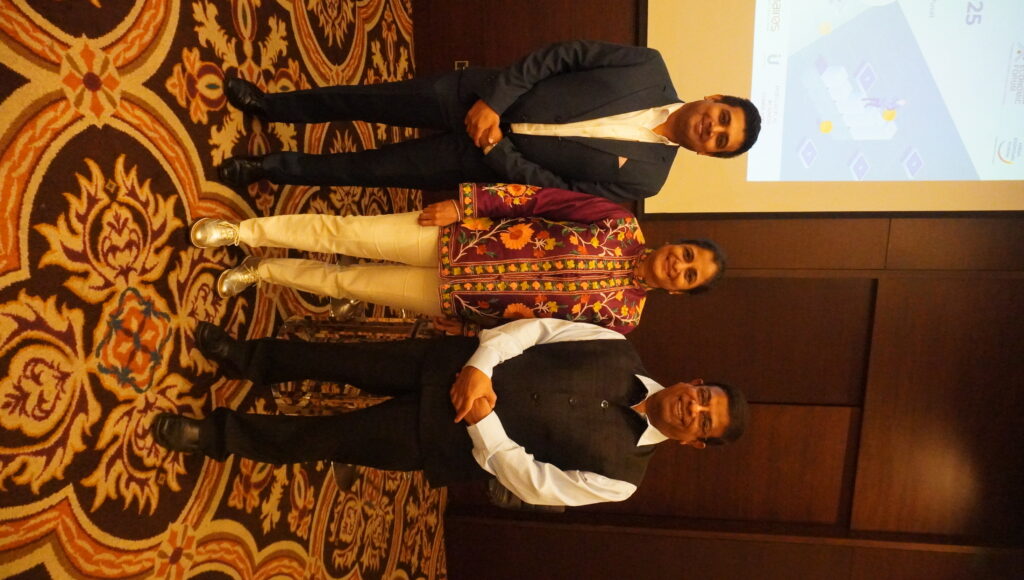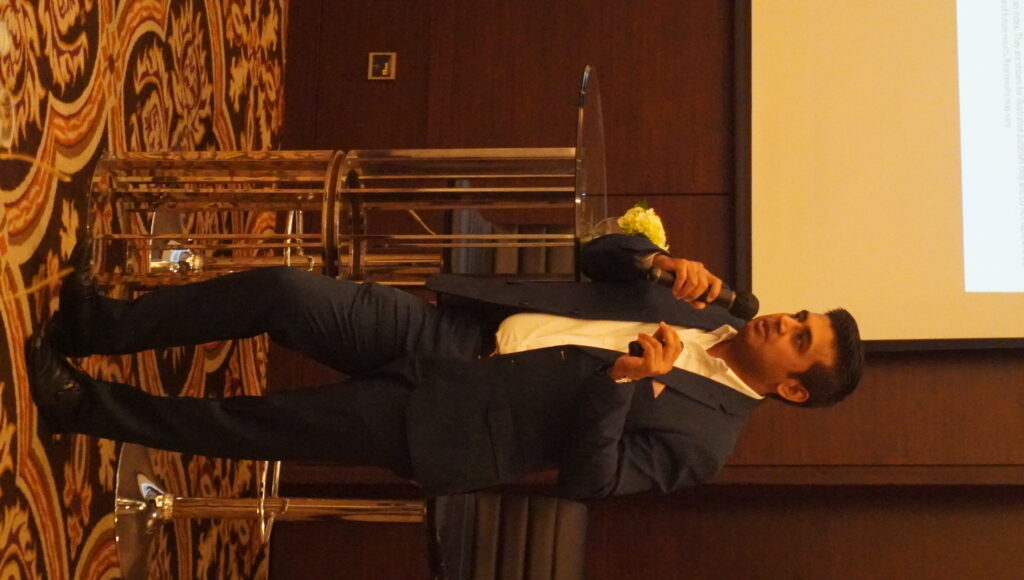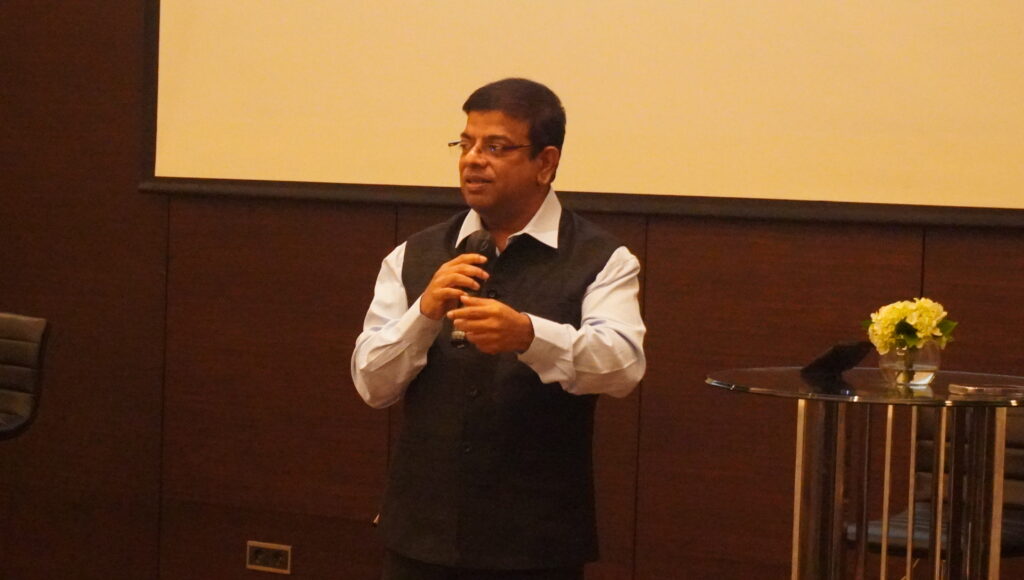
JAKARTA, 6 November 2024 – In a world that’s rapidly evolving, staying informed about economic trends and investment opportunities is essential. On November 6, 2024, the Indonesia Economic Forum (IEF) and Indonesia India Business Forum (IIBF), in collaboration with Citibank, hosted a key forum titled “Investment Trends and Economic Outlook for 2025” at the Fairmont Jakarta. The event brought together industry leaders, financial experts, policymakers, and economists to discuss strategies for navigating the risks and seizing the growth opportunities in the global economic landscape.
The forum was moderated by Poonam Sagar, Chairman of the Indonesia India Business Forum, and featured distinguished speakers, Sachin V. Gopalan, Founder & CEO of the Indonesia Economic Forum, and Rahul Shegokar, Investment Counselor at Citi International Personal Bank Singapore.

Rahul Shegokar opened the discussion with insights into the impressive growth of U.S. equity markets, particularly since 2010. He pointed out that technology, particularly Artificial Intelligence (AI) like ChatGPT, has been a major driver of this growth. Models like ChatGPT require huge amounts of computing power to process and respond to user queries, and the data centers supporting these models consume a lot of electricity. As AI continues to expand, so will its demand for energy, putting pressure on existing energy infrastructure. Hence as AI technology grows, so does its need for energy.

In addition to technology, Rahul highlighted the growing significance of sectors like healthcare and renewable energy. He explained as AI becomes more widespread, it will rely even more on sustainable energy sources. AI technologies need a lot of power, making renewable energy crucial to meet these demands. This is especially true as AI and electric vehicles (EV) both grow quickly. EVs use AI for things like navigation and battery management, and they depend on clean energy for charging. As demand for both AI and EVs increases, the future of the AI and EVs market will depend on finding ways to meet these energy needs in an environmentally-friendly way.
Sachin Gopalan, on the other hand, shifted the focus to the ASEAN region, particularly Indonesia’s economic outlook. He emphasized the importance of understanding local markets and government policies for successful investments. Sachin pointed to Indonesia’s ambitious goal of achieving 8% GDP growth, a target set by President of Indonesia, Prabowo Subianto, which aims to be achieved through increased private-public partnerships and by stimulating the growth of micro, small, and medium enterprises (MSMEs).
Sachin also shared his investment strategy, focusing on startups with stakes ranging from 10% to 35%. He expressed particular interest in sectors like agritech, healthcare, and energy, which are expected to drive the next wave of growth in the region. He underlined that the future of Indonesia’s economy lies in these sectors, as they align with global sustainability trends and Indonesia’s own development goals.

Rahul Shegokar also pointed out that healthcare is a major area for growth, especially with AI. AI is helping improve diagnoses, treatments, and reduce administrative tasks. But as AI grows, it requires more energy to process data and run these technologies. This will put more pressure on energy systems. To support this growth, the healthcare industry will need to rely on clean, renewable energy. The future of AI in healthcare will depend not just on technology, but also on finding sustainable energy solutions.
Both speakers agreed on the importance of job creation to support long-term economic growth. They discussed Indonesia’s challenge of underemployment, with a significant portion of the workforce working in informal or low-productivity sectors. Sachin emphasized the need for quality job creation, particularly in high-skill industries, which would help increase GDP and drive more sustainable growth for the country.
In conclusion, the Investment Trends and Economic Outlook for 2025 forum successfully brought together thought leaders to explore the evolving global economic landscape, the future of the ASEAN region, and investment strategies for sustainable growth. With key themes such as AI, technology, healthcare, and renewable energy, the event provided valuable insights into the opportunities and challenges that lie ahead. As the global economy continues to shift, it’s clear that businesses, investors, and policymakers must remain agile, informed, and adaptable to the changing environment.
Beyond its role as an informative session, the forum also fostered meaningful networking and collaboration among industry professionals, providing a platform to exchange ideas, discuss future prospects, and forge partnerships that will shape the economic future of Indonesia and the broader ASEAN region.
